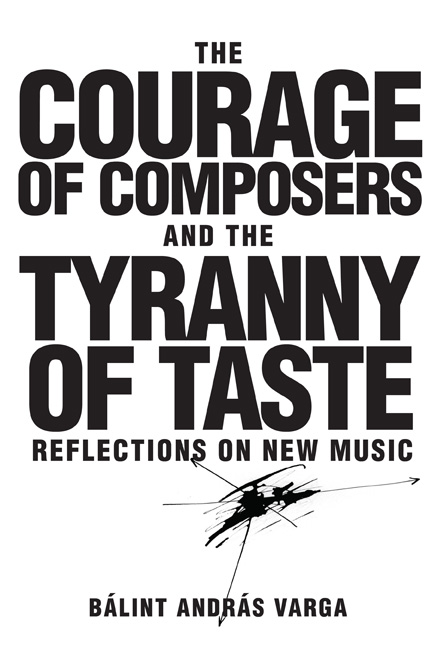Epilogue: Rainer Nonnenmann (b. 1968) and Bálint András Varga (b. 1941)
Published online by Cambridge University Press: 22 May 2021
Summary
I do not hesitate to contact critics who have commented on my books in one way or another. Those who praised them, receive a short letter of thanks from me; those who took issue with some of their aspects, will receive a note in which I attempt to explain why I did what I did.
Rainer Nonnenmann was not all that happy with my book Three Questions for Sixty-Five Composers, and true to form, I contacted him. Later, when the idea for the present book struck me, I wrote and asked him what he thought of it.
He had many reservations, as you will see in his essay. I went on with the project nevertheless and am now rather curious to see what he will have to say about it.
In any case, having gotten this far in the book, you will learn from Nonnenmann, why it was not a good idea to do it in the first place.
Rainer Nonnenmann: The Anxiety of Composers and the Plurality of Tastes
Born in Ludwigsburg, Rainer Nonnenmann is a German musicologist, music journalist, and university professor. He is editor of the journal MusikTexte and author of a number of books on the music and aesthetic of the nineteenth, twentieth, and twenty-first centuries.
Cologne, August 2015
Dear Mr. Varga,
We have exchanged some e-mails about your latest book, Drei Fragen an 73 Komponisten (Regensburg, 2014) as well as your current project, with which I wish you every success. You have now invited me to contribute a text and asked me expressly to formulate my critical remarks and doubts. I have followed suit. My reservations will probably be invalidated by the views of some of the composers—I certainly hope so! For I have taken your wording “the courage of composers” seriously and have only considered composers in general, mentioning certain artists as an exception. Without meaning to, I may well have lumped them all together, even though a thorough look at each case by itself might have brought to light individual differences.
- Type
- Chapter
- Information
- The Courage of Composers and the Tyranny of TasteReflections on New Music, pp. 245 - 254Publisher: Boydell & BrewerPrint publication year: 2017



